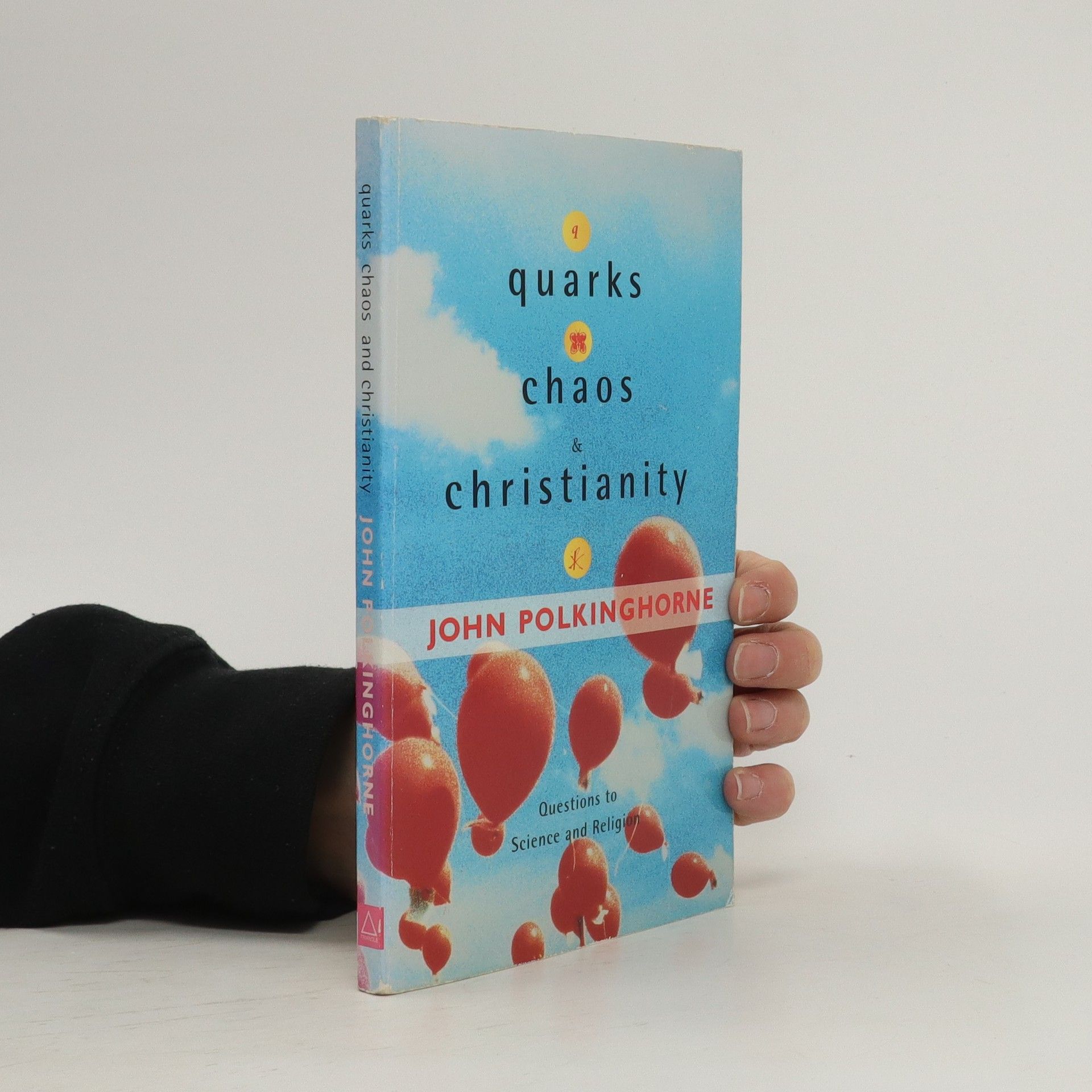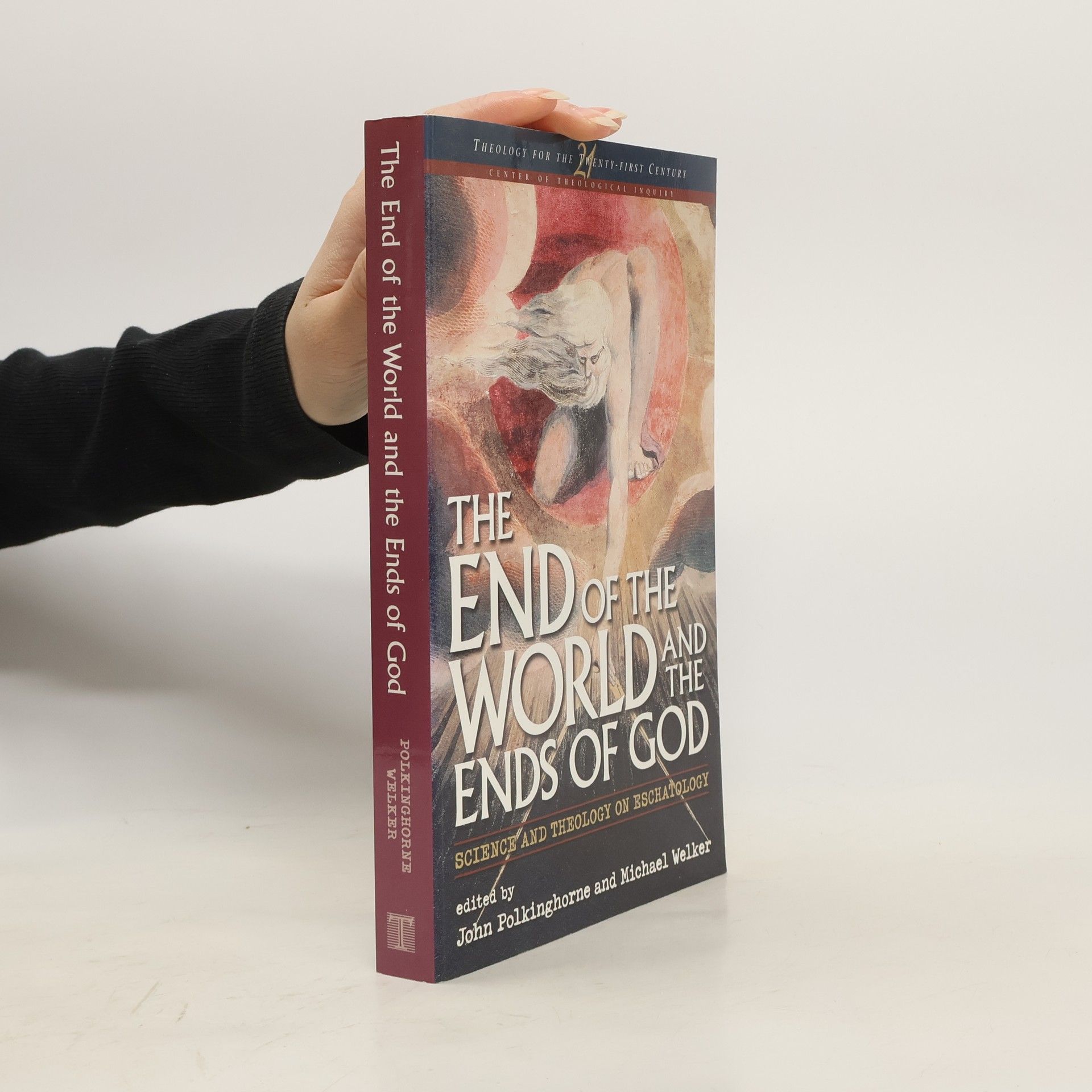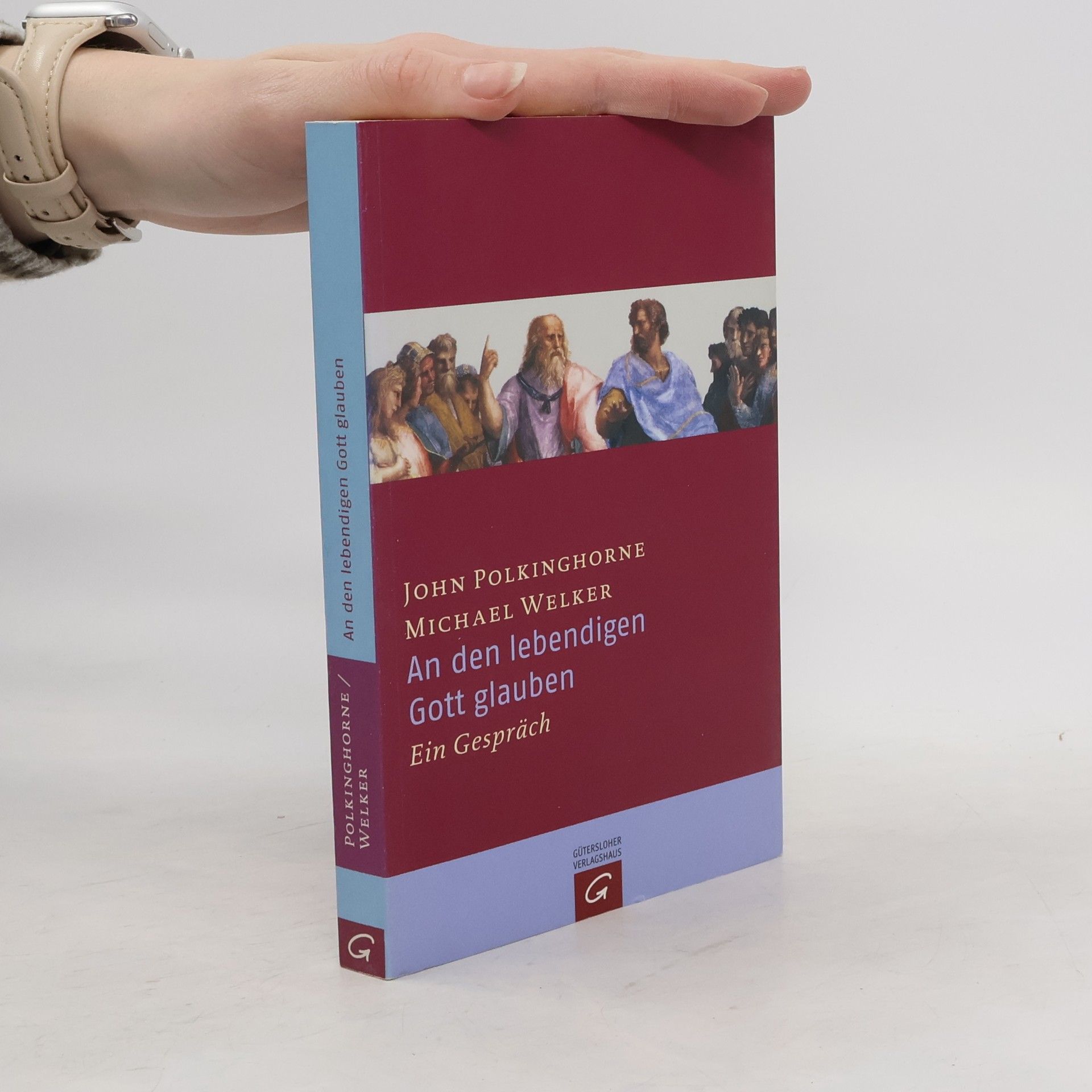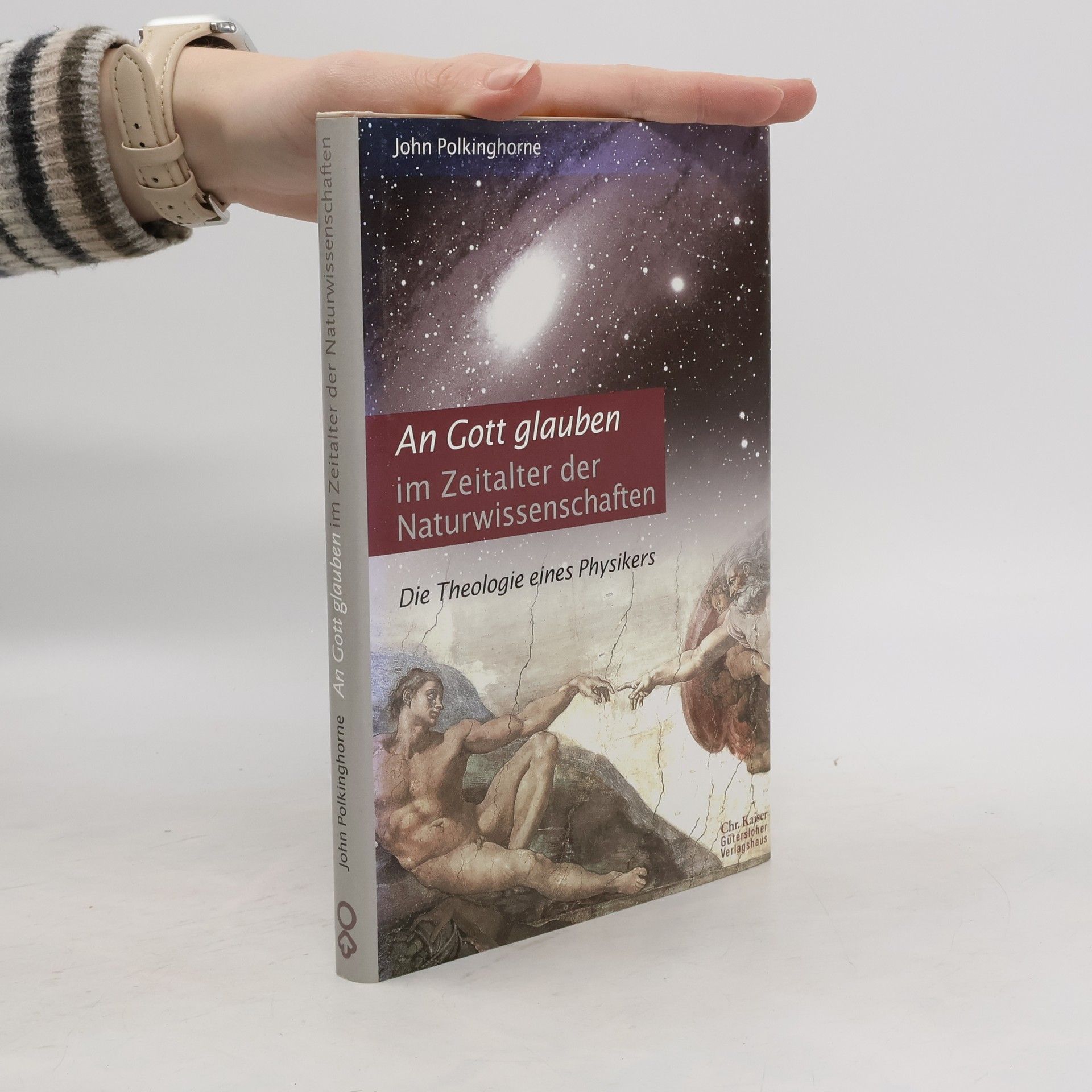An Gott glauben im Zeitalter der Naturwissenschaften
- 144 Seiten
- 6 Lesestunden
John Charlton Polkinghorne war ein englischer theoretischer Physiker, Theologe, Schriftsteller und anglikanischer Priester. Als führende Stimme, die die Beziehung zwischen Wissenschaft und Religion erklärte, erforschte er komplexe Fragen an der Schnittstelle von Wissenschaft und Glauben. Polkinghorne suchte nach Harmonie zwischen rationaler Forschung und spiritueller Transzendenz. Seine Arbeit lädt zu tieferer Reflexion über die Natur der Realität und die menschliche Verfassung ein.






Polkinghornes Einführung erläutert die seltsamen und aufregenden Ideen, die die subatomare Welt so anders erscheinen lassen als unsere gewohnte Welt, anschaulich und auch für Laien verständlich.
Was glauben eigentlich Theologen? Hier berichten ein theologisch gebildeter Naturwissenschaftler und ein systematischer Theologe davon, was sie glauben und warum sie es tun. Im Gespräch, nicht im akademischen Vortrag, sagen sie, was der Glaube an Gott den Schöpfer, an Jesus Christus und an den Heiligen Geist für sie bedeutet. Das Buch beeindruckt durch die Offenheit, mit der hier Fragen gestellt und Glaubenswege offengelegt werden. Keine simplen Gewissheiten, sondern eine Einladung an suchende Menschen, sich mit auf den Weg zu einem verstehenden Glauben zu machen.
In this volume, 16 scientists and theologians contend that eschatology provides a common concern for both theology and the sciences.
Exploring the intersection of faith and reason, two authors with distinct backgrounds offer a dual perspective on theological questions. They emphasize truth and reliability over polemics and certainty, seeking to ground their discussions in concrete examples rather than abstract concepts. By addressing challenging questions and providing thoughtful reassurances, they engage with the complexities of belief. This second edition includes a new Preface and updated bibliographies, enhancing the original insights into their shared faith.
Author was former Cambridge Professor of Mathematical Physics, and is now a clergyman
In this brief and highly accessible book for general readers, distinguished physicist-turned-theologian John Polkinghorne presents a reasoned account of the Christian view of the world as seen by the one of the world's leading interpreters of the interface between science and religion. Drawing from his experiences as a scientist and a theologian, Polkinghorne argues that Christianity presents a credible and compelling worldview that can be taken seriously even while fully understanding the importance of science.
V knize autor usiluje o to, aby čtenáři bez předchozích znalostí fyziky pomohl porozumět základním principům kvantové mechaniky, která je jednou z nejpřevratnějších koncepcí ve fyzice. Vytvořena ve 20. letech 20. století, vznikla díky práci významných fyziků jako Bohr, Heisenberg, Schrödinger a Dirac. Kvantová mechanika se objevila, když se ukázalo, že mnohé jevy mikroskopických objektů, jako jsou atomy a částice, nelze vysvětlit tradiční fyzikou. Klasické představy o spojitých veličinách, jako je energie, byly nahrazeny konceptem kvant, což vedlo k zásadním změnám v chápání vlastností kvantových objektů. Po přečtení se čtenářovi ukáže, že kvantový svět se zásadně liší od každodenní reality, a analogie z běžného života nestačí k jeho vysvětlení. Porozumění základním principům kvantové mechaniky vyžaduje zvládnutí specifického jazyka, který si vypůjčuje pojmy z matematiky. I když to může být náročné, výsledek je cenný. Kniha nabízí jedinečnou příležitost pro každého, kdo chce proniknout do tajemství kvantové mechaniky, ať už se zajímá o přírodní vědy, nebo filozofické otázky.
Kniha nabízí přístupné a současně zasvěcené uvedení do problematiky vztahu mezi přírodními vědami a teologií. Autor provází čtenáře houštinami otázek, jež povstaly v hraničních oblastech na pomezí vědeckých a teologických zájmů. Kniha podává přehled hlavních prvků současné vědy (včetně kvantové teorie nebo teorie chaosu), předkládá ucelený pohled na podstatu náboženství a ukazuje, kde mohou věda a teologie společným úsilím přispět k objasnění některých palčivých otázek dnešní teologie: stvoření, podstata poznání, boží působení ve světě, atd.
V spoločnosti prevláda názor, že veda a náboženstvo sa zakladajú na odlišných princípoch a stoja zákonite proti sebe. Táto kniha argumentuje v prospech ich vzájomného prepojenia. Autorom je rev. Dr. John Polkinghorne, významný teoretik v oblasti matematickej fyziky, bývalý profesor v Cambridge a anglikánsky kňaz. Preslávil ho jeho prístup k teológii ako k prírodnej vede, ktorým podnietil mnohých fyzikov a teológov k hľadaniu vzťahu medzi vedou a náboženstvom. Čo obe oblasti podľa Polkinghorna spája, je skúmanie reality a to je zároveň aj jeho východiskovou tézou. Prvé vydanie.